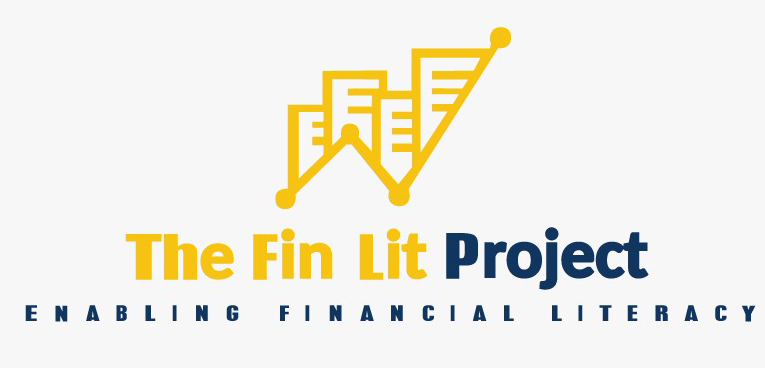The term financial literacy refers to a variety of important financial skills and concepts. It is nothing but the ability to understand and effectively use various financial skills, including personal financial management, budgeting, and investing. It is the foundation of your relationship with money, and it is a lifelong journey of learning. The earlier you start, the better off you will be, because education is the key to success when it comes to money. Many people find money matters intimidating, but they don’t have to be, make your self Financially Literate to overcome this. Developing financial literacy to improve your personal finances involves learning and practicing a variety of skills related to budgeting, managing and paying off debts, and understanding credit and investment products.
People who are financially literate are generally less vulnerable to financial fraud, a type of crime that is becoming more commonplace—especially during the COVID-19 epidemic, which has caused customers to move online in high numbers.4
Being financially illiterate can lead to a number of pitfalls, such as being more likely to accumulate unsustainable debt burdens, either through poor spending decisions or a lack of long-term preparation. This in turn can lead to poor credit, bankruptcy, housing foreclosure, and other negative consequences. Thankfully, there are now more resources than ever for those wishing to educate themselves about the world of finance. SEBI and NISM have empanelled various organization to spread Financial Literacy thru webinars and seminars, our startup “The Fin Lit Project” is one of them
A strong foundation of financial literacy can help support various life goals, such as saving for education or retirement, using debt responsibly, and running a business. People who are financially literate are generally less vulnerable to financial fraud. Although there are many skills that might fall under the umbrella of financial literacy, popular examples include household budgeting, learning how to manage and pay off debts, and evaluating the tradeoffs between different credit and investment products. These skills often require at least a working knowledge of key financial concepts, such as compound interest and the time value of money. Given the importance of finance in modern society, lacking financial literacy can be very damaging to an individual’s long-term financial success.

